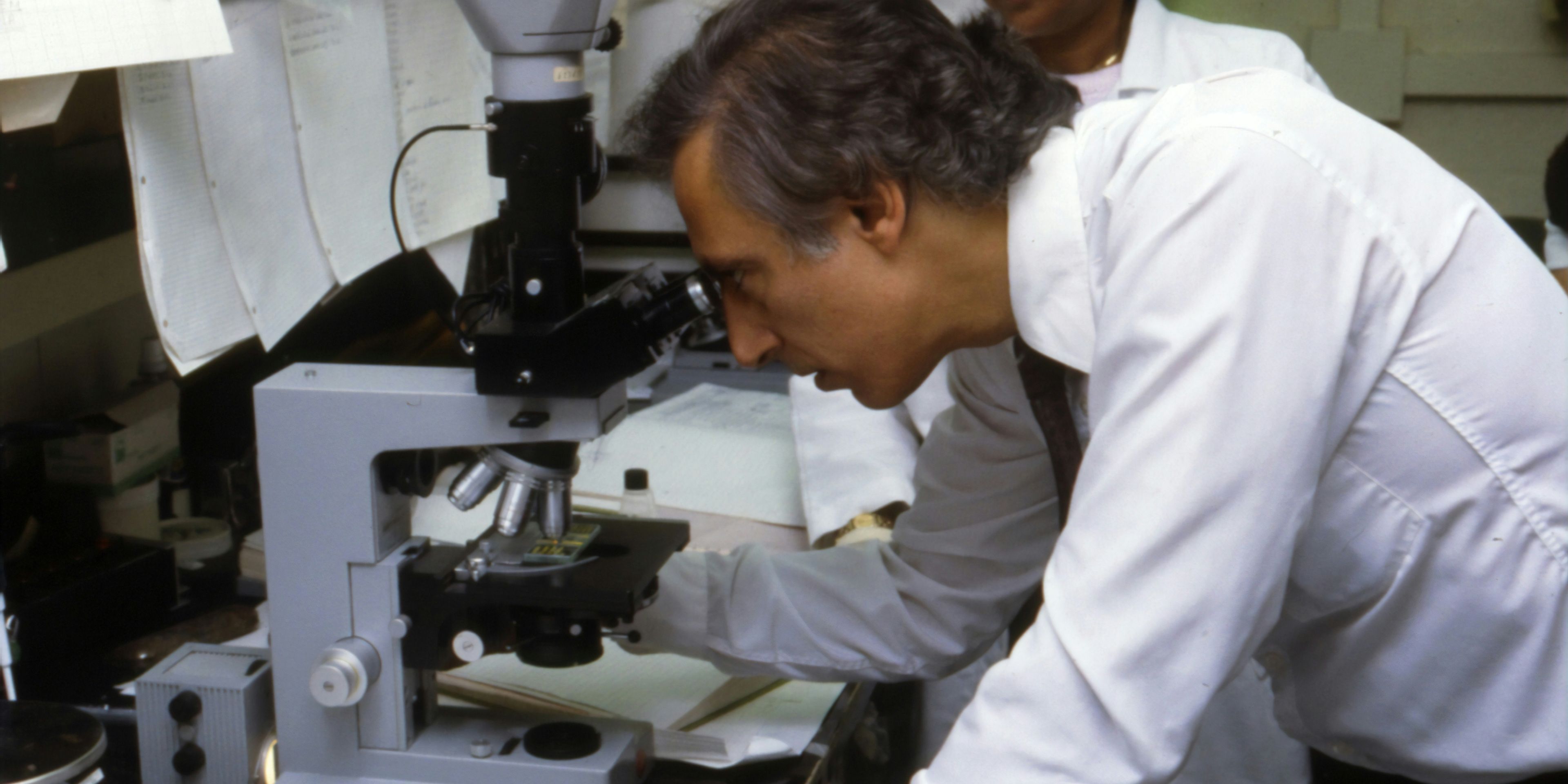Surgeon General Issues Stark Warning: Alcohol Consumption Increases Cancer Risk

The Surgeon General's recent advisory on alcohol and cancer risk has sent shockwaves through the public health community and beyond. The advisory, released on [Insert Date of Release], doesn't shy away from the stark reality: alcohol consumption, even at moderate levels, significantly increases the risk of developing several types of cancer. This isn't simply about binge drinking; the advisory underscores the cumulative effect of alcohol consumption over time, regardless of drinking pattern. The report emphasizes the carcinogenic properties of alcohol itself, its role in disrupting cellular processes, and its impact on the body's natural defenses against cancerous growths. The key takeaway is that there is no safe level of alcohol consumption when it comes to cancer risk. This statement is backed by extensive research, meta-analyses, and studies spanning decades, which collectively paint a clear and concerning picture. Specific cancers highlighted in the advisory include breast, colorectal, liver, and esophageal cancers. While the risk varies based on factors like genetics, age, gender, and the amount and type of alcohol consumed, the advisory makes it abundantly clear that alcohol significantly elevates the odds of developing these life-threatening diseases. The advisory also delves into the disproportionate impact alcohol-related cancers have on certain populations. For example, some studies indicate a higher risk among women compared to men for certain cancers. This highlights the importance of tailored public health campaigns and education initiatives targeted at specific demographics. The Surgeon General's statement calls for a multi-pronged approach to mitigate the risks associated with alcohol and cancer. This involves increasing public awareness of the link between alcohol and cancer, promoting responsible drinking habits, and strengthening policies surrounding alcohol accessibility, marketing, and pricing. The recommendations also underscore the need for more research to further refine our understanding of the precise mechanisms through which alcohol contributes to carcinogenesis. It also emphasizes the significance of early detection and screening measures to improve survival rates. The advisory doesn't advocate for complete abstinence for everyone. Instead, it focuses on empowering individuals to make informed decisions about their alcohol consumption based on their personal risk assessment. This involves carefully considering personal health history, family history of alcohol-related cancers, and other potential risk factors. It's a call for mindful consumption, encouraging individuals to engage in moderation or abstain altogether, depending on their circumstances. The advisory's release sparks a crucial conversation. It forces society to confront the long-standing normalization of alcohol consumption and its potentially devastating consequences. It's a catalyst for greater public awareness, more effective prevention strategies, and ultimately, a healthier future for individuals and communities alike. The future of public health policies regarding alcohol are likely to be significantly influenced by this bold statement and the ongoing research it continues to stimulate.